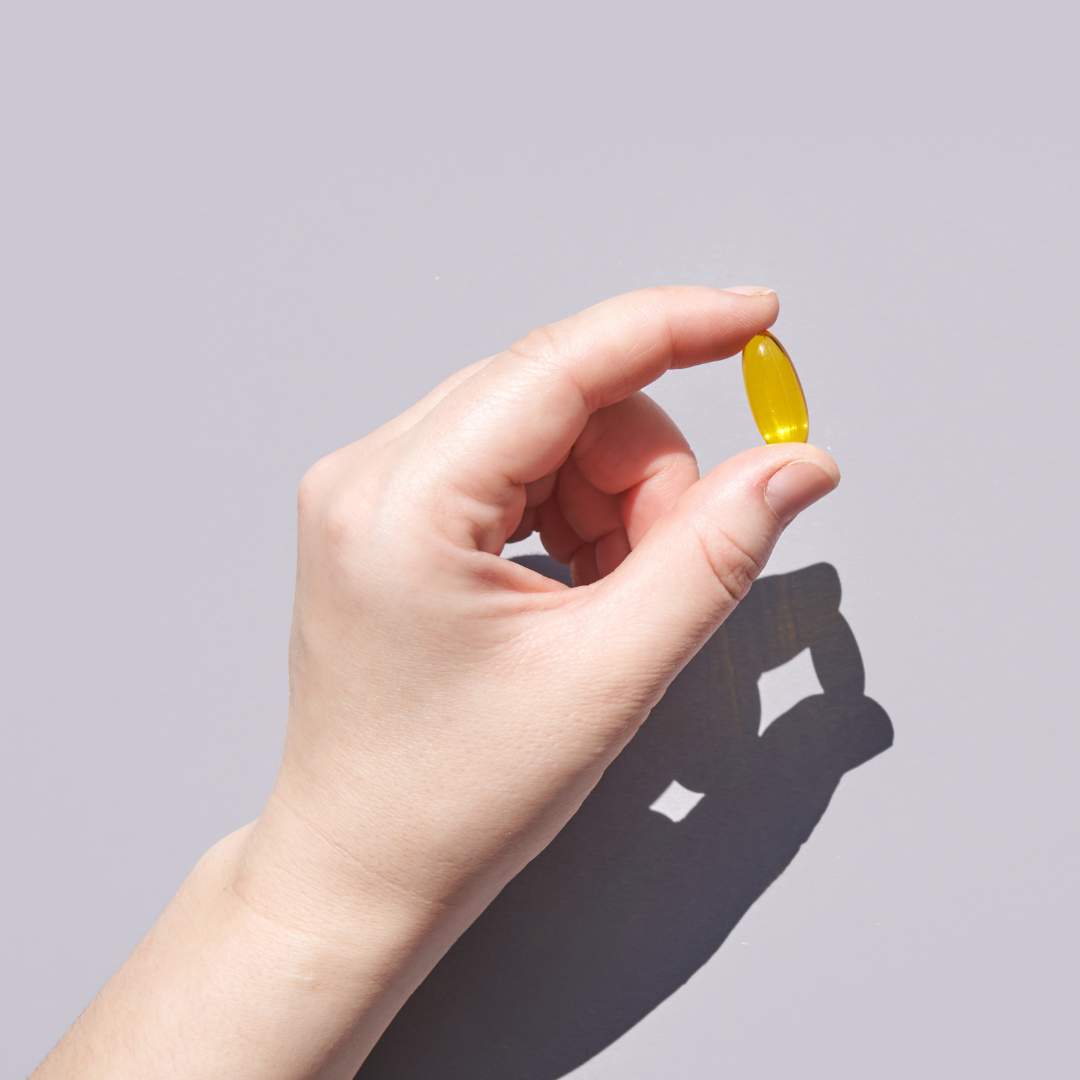B3 Confusion: Niacin, Nicotinamide, Niacinamide, NAD, and NMN What’s the Difference?

If you are interested in longevity science, you’ve probably seen a lot of chatter about NAD, NMN, niacin, nicotinamide, and niacinamide… and it’s possible you are also confused. We’ll do our best to break this down and simplify all of this for you.
Niacin is Vitamin B3

Niacin is just another name for vitamin B3. You might also see it called nicotinic acid as well. Nicotinic acid is the scientific name for niacin. When you buy a B3 supplement, you are generally buying niacin (but check the label!).
Niacin is a micronutrient that’s important for helping regulate your metabolism and nervous system function. It also has antioxidant properties and our bodies need it to survive.
But, we can’t make niacin.
You can get niacin by eating plant based products such as:
-
Nuts
-
Seeds
-
Green Vegetables
-
Supplements
Niacin is also good for helping cholesterol levels. It raises HDL (good cholesterol) and lowers LDL (bad cholesterol) levels. One downside is that it causes skin flushing and rashes in some people. It is generally harmless, but not everyone likes the effect.
Nicotinamide and Niacinamide are the Same Thing

Nicotinamide and niacinamide are the exact same thing. For the purposes of this post, we’ll just be saying niacinamide.
Niacinamide is also a form of vitamin B3, but it’s slightly different from niacin. Niacinamide is the vitamin B3 that you get from meat and poultry. In other words, it comes from animal based foods. Many grain products are also fortified with it.
Niacinamide helps keep your skin healthy and is a popular additive in skincare products. It’s often used to treat acne or rosacea. It doesn’t cause flushing like niacin does. All Qyral skincare products contain niacinamide.
Nicotinamide Mononucleotide (NMN)

NMN is produced in our bodies but there are bio-synthetic forms we can supplement with. The NMN molecule is small enough to be absorbed if taken orally. One early study shows that supplementing with NMN can increase muscle function in older men. Another shows it can increase insulin sensitivity in some older women.
NMN has gotten a lot of press over the past few years as it has been promoted by Harvard professor Dr. David Sinclair. His research shows that it has anti-aging properties because it helps our bodies produce NAD+.
NAD+ (Nicotinamide Adenine Dinucleotide) is the Stuff We Want

All of these forms of B3 have benefits, but NAD+ is what we ultimately want. Your cells need NAD to function. It’s a molecule that helps your body turn food into energy. You need that energy for moving and thinking, which slow down as you age. Healthy cells mean your body can more easily repair itself.
Studies show that NAD+ can:
-
Support healthy aging
-
Protect your cells from stress
-
Helps repair DNA
-
Helps your circadian rhythm (your sleep-wake cycle)
The bad news is that as we age, the amount of NAD+ in our cells decreases. But we just can’t pop an NAD pill and call it good. The molecule is big enter your cells and do its job.
You can take NMN, niacinamide, or even niacin, which are small enough to get into your cells, break down, and convert into NAD+ naturally. NMN seems to be the most efficient form of B3 for this purpose.
NAD+ is also required for sirtuins to do their thing. Sirtuins are proteins that help us live longer and can help us stay thin. Learn more about sirtuins in this blog post.
Research on the B3 Family is Evolving

Scientists are actively studying niacin, niacinamide (nicotinamide), NAM, and NAD+ to learn more about how they affect the aging process. At Qyral are staying up to date on the progress they are making in the hopes of bringing more benefits to you in the future.
All of Qyral’s skincare products and our supplements are formulated with niacinamide. Depending on your personalized skincare assessment, the products we recommend will be formulated with the right niacinamide for your skin type!